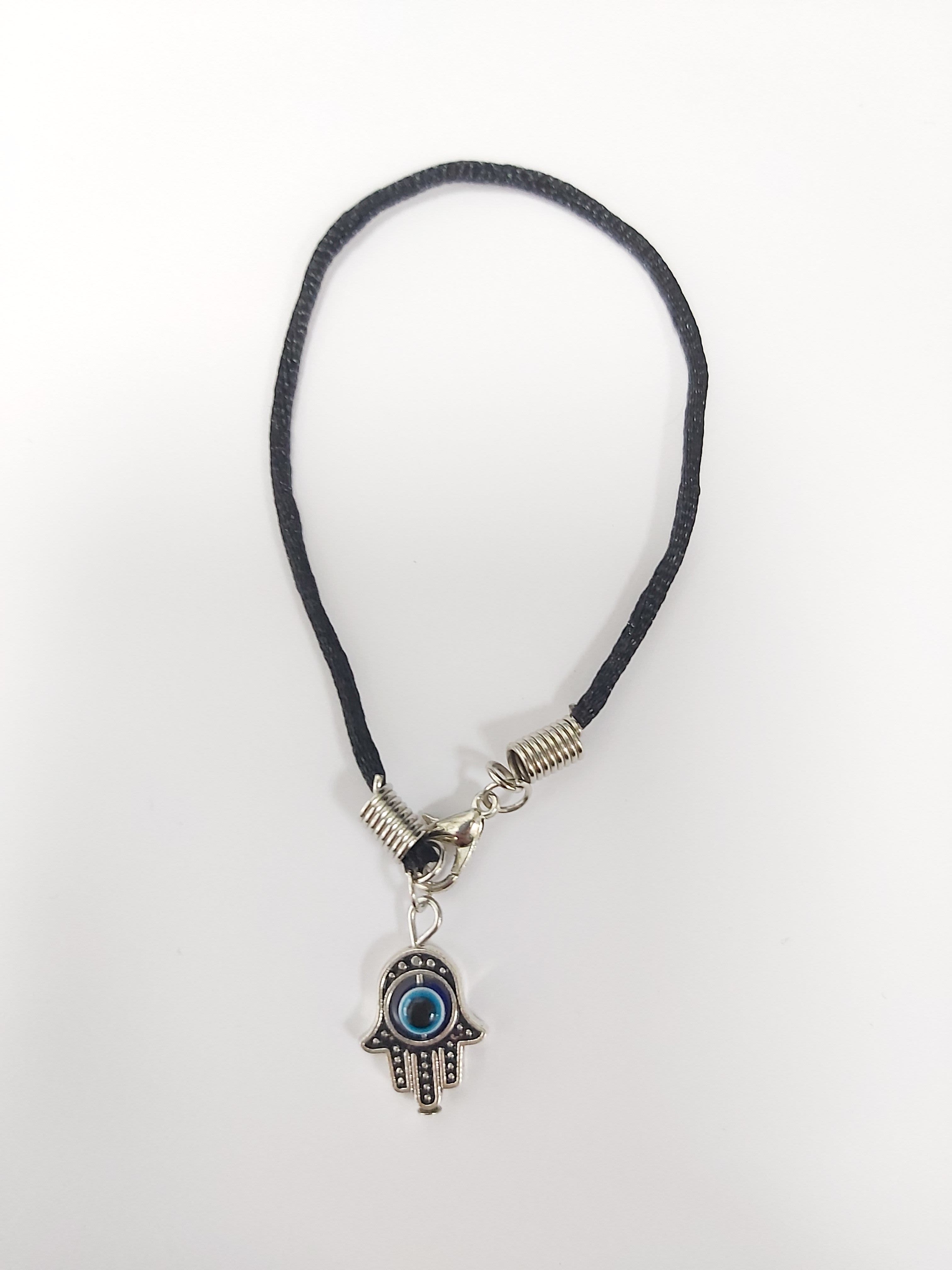
Your Lifeline
An unmarried expectant mother asks, “How could this be for the best?” Maybe her unborn child is destined to be the physician that discovers a cure for cancer...

The Joy of Children, Part 2
We’ve often mentioned how Hashem runs the world according to the ATFAT principle, ATFAT being the abbreviation of “A turn for a turn”. When a person does his job according to Hashem’s command of bringing life into the world, then Hashem does His job in helping that person live a normal and happy life. But, when a person constricts his or her ability of bringing life into the world – or snuffs a life out altogether, G-d forbid – then Hashem constricts and severs the type of abundance that a person needs to live a normal and happy life.
This is all food for thought for a woman – whether married or unmarried – that has suddenly discovered that she’s pregnant and is contemplating terminating the pregnancy, G-d forbid.
Granted, discovering all of a sudden that a woman has an unplanned, unforeseen, unexpected, or out-of-wedlock pregnancy can bring her or those close to her to a near state of shock. One needs clear mental faculties to make responsible decisions. You can’t make a sensible decision when panicking or when in a state of shock. Remember one thing – a pregnancy that’s terminated is something that can’t be corrected either in this world or in the next world. It doesn’t matter whether you’re single or married, whether you’re sixteen of forty six – don’t be impetuous, and don’t rush to make a decision without carefully considering all the ramifications. An abortion has a profoundly negative effect on a woman, spiritually, emotionally, and physically.
According to Jewish Law, an abortion is permissible if the embryo endangers the mother’s life. Yet, that’s a rare situation. Even so, such an abortion can be done safely during the first four months of pregnancy. From  the fifth month on, such a procedure is dangerous. So, if you’ve just found out that you’re pregnant, and you’re only in your second month or so, don’t do something impulsive that you’ll regret for the rest of your life. Take your time, consider all the aspects, and then make a carefully-weighed and responsible decision, considering all the facts. This 4-part series will provide you with a lot of information that the medical board or your doctor either does not know or won’t share with you. So certainly don’t make a decision without reading this series in its entirety.
the fifth month on, such a procedure is dangerous. So, if you’ve just found out that you’re pregnant, and you’re only in your second month or so, don’t do something impulsive that you’ll regret for the rest of your life. Take your time, consider all the aspects, and then make a carefully-weighed and responsible decision, considering all the facts. This 4-part series will provide you with a lot of information that the medical board or your doctor either does not know or won’t share with you. So certainly don’t make a decision without reading this series in its entirety.
Rebbe Nachman of Breslev explains in Likutei Moharan, First Section, Torah 69, that a person descends to this world with his intended soul mate, with his lifelong financial allotment, and with his allotment of offspring. This is easily understood, especially since there have been tzaddikim even in recent generations that could look at a person and say how many children he’d have. Not only that, but the Zohar talks about chirology and the art of face reading. There have been tzaddikim that could look at a person’s palm and see how many children he would have.
What’s the significance of all this? Maybe you’re only destined to have one or two children in your lifetime. Who says that if you terminate this pregnancy, you’ll get more children at a later date when it’s seemingly more convenient for you? Maybe you’re terminating the pregnancy of your only child? And even if you are destined to have two children, because you now want to terminate the pregnancy, maybe you’re robbing your future son or daughter of a brother or sister. Who can describe the difference between growing up alone and between having a brother or sister? Siblings are so important in social and emotional adjustment. A child can share with a brother or sister what he can’t share with anyone else on earth. Right now, you may be robbing your child of such happiness. Is that fair?
With Hashem’s loving grace, I’ve been Rabbi Shalom’s understudy for over thirteen years already. Over the years, I’ve seen countless numbers of woman turn to Rabbi Shalom and cry their eyes out. They have no children, yet the doctors can’t find any physiological obstacle to their having children. Everything seems OK, yet they don’t get pregnant! Other women waste tens of thousands of dollars on treatments that don’t succeed. One asks why. Then, Rabbi Shalom asks them if they ever had an abortion or voluntary terminated a pregnancy. Then – eight times out of ten – they break out in heart-rending sobs. Listen to a woman cry like that is enough to melt a heart of reinforced concrete. These women, with their own two hands, put an end to the only child that they were destined to receive. It sends cold shivers down anyone’s spine just to think about it…
From a biological standpoint, life begins at conception. According to biology, a living being grows, takes in nutrients, and expels metabolic waste. The ova does that immediately after conception, so it can be considered a living organism. The Gemara compares a fetus less than 40 days old to water, but that doesn’t mean that a less-than 40-day fetus can be willfully destroyed, Heaven forbid. But, by forty days, the fetus already has a beating heart and the roots of all its appendages. So, by the time most women discover their pregnant, the fetus is an alive and vibrant being.
From a technically legal standpoint, Jewish law doesn’t grant capital punishment to someone that destroys an embryo like it does to a murderer. But from a moral standpoint, what’s the difference between murdering your children when they’re two years old or when they’re three months in the womb? Either way, you destroy your child. Once again, a religious court can’t legally sentence a mother who aborts or a father who forces her to abort to the death penalty; but that’s in this world. The Heavenly Court is a whole different story. Maybe the unborn child whose life you’re now about to take is your own lifeline? Maybe in his merit, you’ll receive continued life and sustenance? Our sages tell us that each child is a blessing – by terminating the child, one terminates the blessing.
I saw a man in his mid-thirties come to Rav Shalom, crying like a baby. He had a number of inexplicable ailments; he roamed from job to job, and owed more money than he could ever dream of repaying according to natural logic. Rav Shalom asked him how old his youngest child was; the man answered that his youngest was six years old and admitted that he and his wife were using birth control without having consulted a qualified rabbinical authority. Rav Shalom told him to stop the birth control immediately. The man shrugged his shoulders and asked, “In this situation, you expect me to have more kids?” Rav Shalom answered yes, and promised the man blessings of better health and enhanced income. In short, the man’s wife gave birth a year later, and both his financial situation and his health made a miraculous turn for the better. This is the exact promise of the Gemara in tractate Chulin that we mentioned earlier.
A man or woman with emuna wouldn’t consider the option of abortion in a million years. Granted, the news of a sudden and unexpected pregnancy – especially outside the context of marriage – is shocking. But wait a second – emuna tells us that everything comes from Hashem, that everything is for the very best, and that everything Hashem does is for a purpose. If you’re pregnant, then Hashem willed that you got pregnant. You ask, “How could this possibly be for the best?” Maybe your unborn child will be the physician who discovers a cure for cancer and saves millions of lives. Maybe your unborn child will be the spiritual leader of the next generation? Maybe your unborn child is the Moshiach. Who knows?
How would you like to terminate your go-around in this world only to discover that you perpetuated the exile and Diaspora with their consequential suffering because you aborted the child that was destined to be Moshiach? Who can even stand such a thought? And even if your unborn baby will grow up to be an average person, maybe you’re terminating the life of your only child? Can you live with that for the next seventy or eighty years?
To be continued…














Tell us what you think!
Thank you for your comment!
It will be published after approval by the Editor.